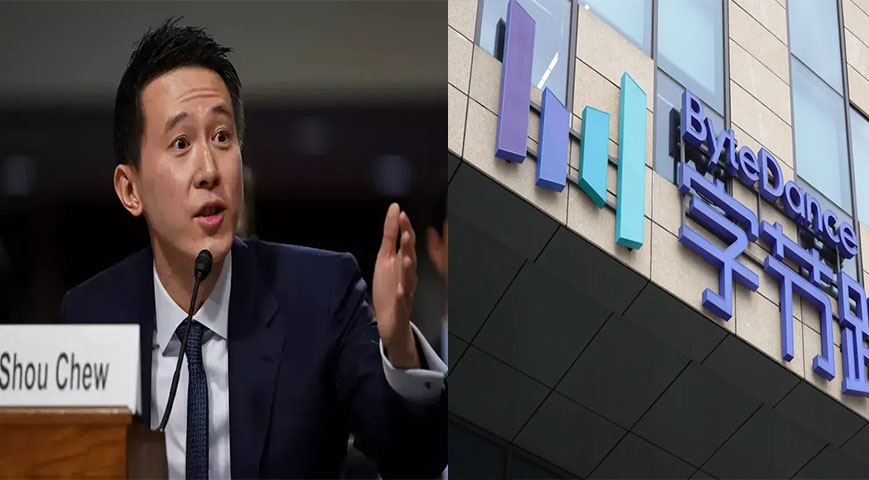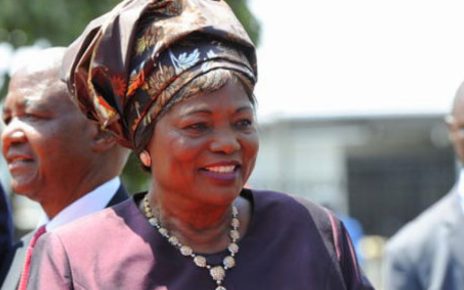ByteDance, the prominent Chinese tech entity behind the social media sensation TikTok, has firmly stated its stance amidst escalating concerns in the United States. Following a decision by the US Senate to enact a ban on TikTok unless ByteDance divests from it, the company has clarified that it has no intentions of selling the app.
Citing national security as the primary rationale, US lawmakers have imposed a nine-month ultimatum, fearing that TikTok, under ByteDance’s control, could be utilized by the Chinese government for espionage and propagandistic purposes.
Reports surfaced suggesting ByteDance’s contemplation of a TikTok sale, albeit without its intricate content recommendation algorithm, which serves over a billion users globally. However, ByteDance swiftly refuted these claims, asserting that they have no plans for TikTok’s sale.
In a statement posted on Toutiao, a platform owned by ByteDance, the company dismissed foreign media reports regarding TikTok’s potential sale as untrue. ByteDance emphasized its commitment to retaining ownership of TikTok.
TikTok itself has vehemently denied any affiliation with the Chinese government, assuring that it neither has nor will share US user data with Beijing. The company has undertaken substantial investments, such as “Project Texas,” allocating approximately $1.5 billion to store US user data within the country.
Despite these assurances, critics maintain that separating data storage is only part of the solution. They argue that ByteDance’s proprietary recommendation algorithm, often regarded as the cornerstone of TikTok’s success, must also be detached from the company.
CEO of TikTok, Shou Zi Chew, has declared the company’s intent to challenge the imposed ban through legal avenues. However, skepticism persists among experts regarding the potential prioritization of national security concerns over constitutional protections for free expression, potentially leading to a complex legal battle, including scrutiny by the US Supreme Court.



